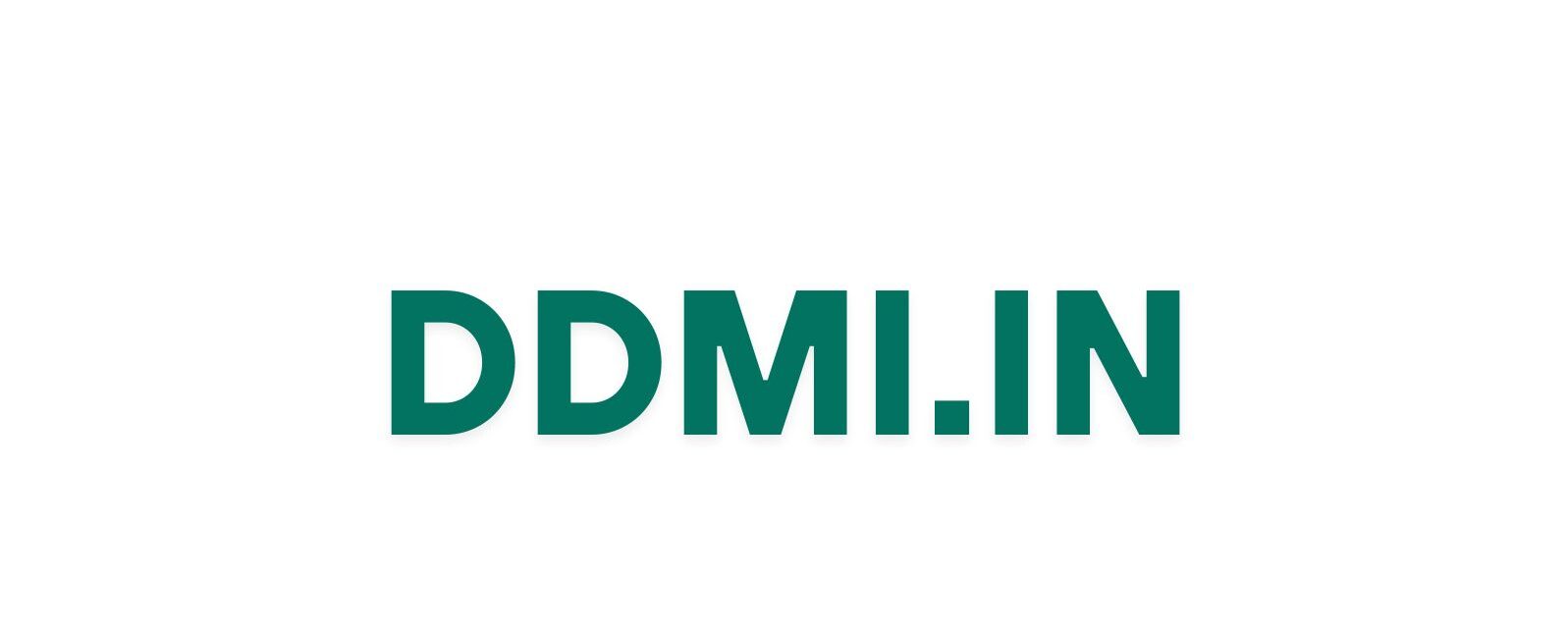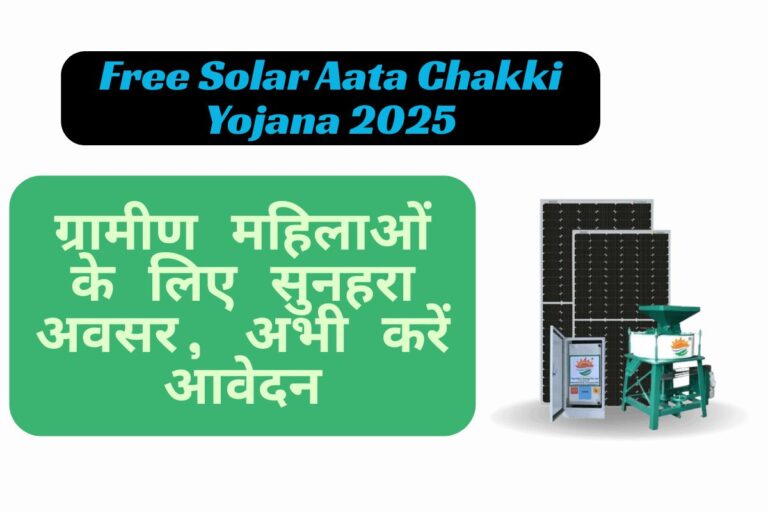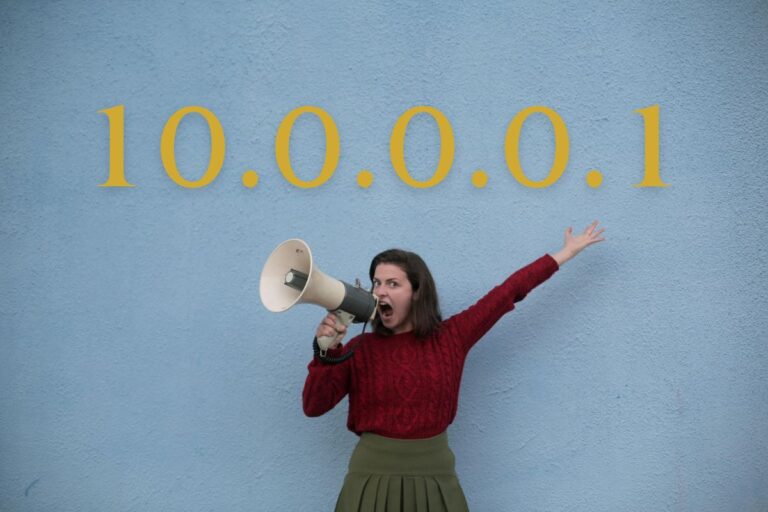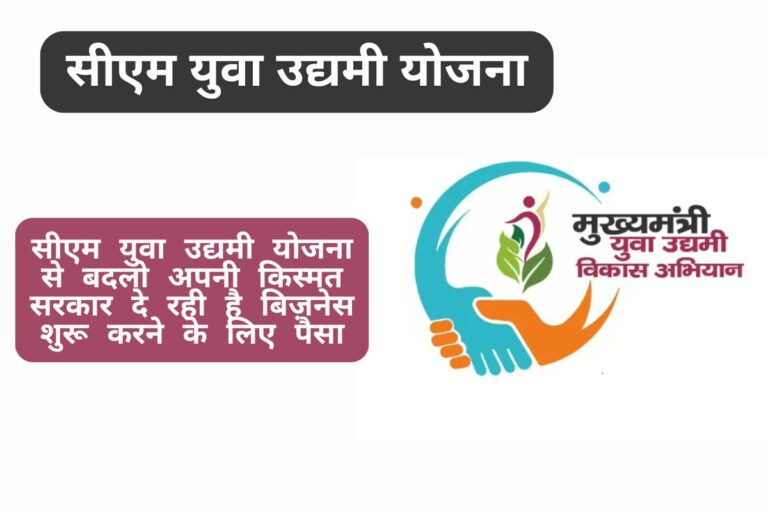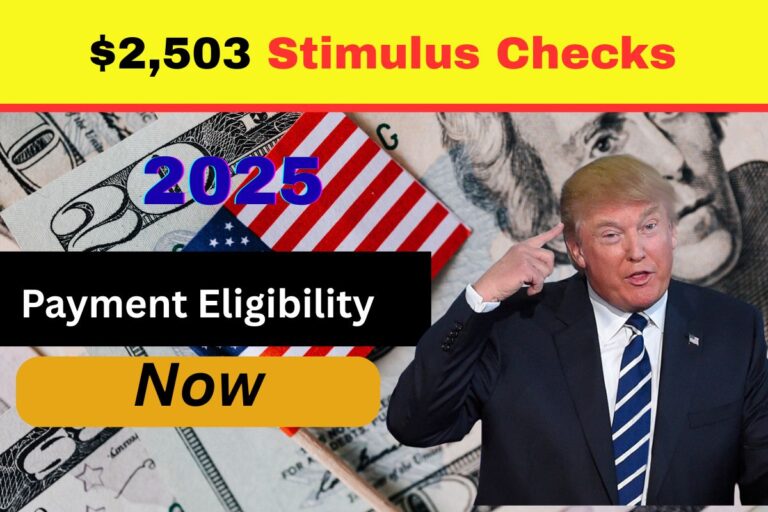$1,600 Stimulus Checks 2025 – Check Payment Dates and Requirements
$1,600 Stimulus Checks 2025 are drawing major attention as Americans continue battling rising living costs, inflation, and financial stress. The possibility of receiving a $1,600 direct payment has many people asking: is it real? Is it approved? Or is it another false promise circulating online? In this guide, we break down everything you need to know about the status of this rumored stimulus program. From current facts and legislative updates to scam warnings and preparation tips, this article covers it all in plain, simple language.
$1,600 Stimulus Checks 2025 Overview
| Aspect | Current Status |
|---|---|
| Official Announcement | No official confirmation from government agencies |
| Government Source | IRS, US Treasury, and Congress have not approved any such check |
| Eligibility Criteria | Speculative, based on prior stimulus rules |
| Application Required | No application portal available |
| Payment Method | Would be direct deposit/check if ever approved |
| Scam Red Flags | Fake emails, requests for payment info, unofficial links |
| Legislative Status | No bill introduced or passed yet |
| Estimated Timeline | Could take months if proposed and passed |
| Trusted Info Sources | IRS.gov, USA.gov, Congress.gov |
Are the $1,600 Stimulus Checks in 2025 Real?
As of now, the $1,600 Stimulus Checks in 2025 have not been confirmed by the federal government. There is no bill currently in Congress, no press release from the IRS, and no statement from the White House. Despite this, the topic is trending on social media platforms like TikTok, Facebook, and Reddit. Many users are spreading the claim that payments are on the way.
These claims are not supported by any reliable or official source. Most often, they are based on past stimulus rollouts from 2020 and 2021, when relief was urgently needed due to COVID-19. While the economy remains difficult for many, no new stimulus program for $1,600 has been approved or even proposed.
Where Did the Rumor Start?
The rumor about $1,600 stimulus checks likely started as a mixture of financial anxiety and recycled headlines. Some old news stories about past payments have been misinterpreted or reshared as if they are current. This confusion leads many to believe something is happening when it isn’t.
Some posts even claim that seniors, low-income families, or veterans are first in line to receive the new checks. But again, there is no bill or government action backing these posts.
Who Would Qualify If It Were Real?
If $1,600 stimulus checks were introduced, they would likely follow similar guidelines to earlier payments:
- U.S. citizen or legal resident
- Filed a federal tax return in recent years
- Not claimed as a dependent by someone else
- Earned under a certain income limit ($75,000 single / $150,000 joint)
However, these are just educated guesses. Without any real bill or law in place, eligibility remains purely speculative.
Potential Payment Breakdown
Here’s a quick idea of what households could expect if the checks were passed:
| Number of Adults | Number of Children | Total Amount |
| 1 | 0 | $1,600 |
| 2 | 0 | $3,200 |
| 2 | 2 | $6,400 |
| 1 | 3 | $4,800 |
Again, this is only hypothetical and based on past payment structures.
Scam Alert: Watch Out for These Red Flags
Wherever there is hope for financial relief, there are also scammers looking to take advantage. Some common scams around the $1,600 stimulus rumor include:
- Emails claiming you must “verify your bank account” to get paid
- Text messages promising early access for a small fee
- Websites that look like IRS portals but are fake
- Phone calls from someone pretending to be from the IRS
What to do:
- Never share your Social Security number or banking info via email or text
- Only trust websites that end in “.gov”
- Report suspicious activity to the Federal Trade Commission (FTC)
If It Gets Approved: What to Expect
Should the $1,600 stimulus become real, here’s how it would likely unfold:
- Announcement: The White House or IRS would release an official statement.
- Legislation: Congress would need to introduce and pass a stimulus bill.
- Portal Setup: IRS would launch an official portal for checking eligibility and updating payment info.
- Payment Distribution: Payments would begin via direct deposit, with paper checks and debit cards sent to those without bank info on file.
How to Stay Informed Safely
The best way to avoid misinformation is to follow only trusted government websites:
- IRS.gov: For tax updates and official payment announcements
- USA.gov: General info on federal programs
- Congress.gov: For checking if any related bill exists
You can also subscribe to official email alerts or newsletters from these sites.
What Can You Do Now?
Even though the $1,600 Stimulus Checks 2025 aren’t real yet, here’s how you can stay prepared:
- File your 2024 taxes on time: This ensures the IRS has your current info
- List all qualifying dependents accurately
- Update your direct deposit information with the IRS
- Sign up for alerts from trusted government websites
Also, consider checking eligibility for existing programs such as:
- Earned Income Tax Credit (EITC)
- Child Tax Credit (CTC)
- Supplemental Nutrition Assistance Program (SNAP)
- Medicaid or Medicare support
Read More:
- $1,500 Stimulus for Children in July 2025 – Claim Your Payment Now
- $1,338 Stimulus Check Payout August 2025 – Eligibility, and Payment Dates Now
- New $6,000 Stimulus Checks in 2025: Who Qualifies, How to Apply, and What Steps
FAQs: $1,600 Stimulus Checks 2025
Q1: Is the $1,600 stimulus confirmed?
No. As of now, there is no official confirmation or legislative proposal.
Q2: Who would qualify?
If approved, likely criteria would include U.S. citizenship, income limits, and recent tax filings.
Q3: Is there an application to fill out?
No. There is no official application, portal, or form for this payment.
Q4: How will payments be sent?
If approved, they would likely be sent via direct deposit, checks, or prepaid debit cards.
Q5: How can I avoid scams?
Never give out personal info through unofficial channels. Stick to IRS.gov and other verified government websites.
Final Thoughts
While the idea of $1,600 Stimulus Checks in 2025 brings hope to many households, there is no official confirmation or bill supporting it. Most of the information spreading online is speculative or misleading. To stay safe, informed, and ready, follow verified sources and avoid scams. Preparation and awareness will keep you one step ahead should any real relief program be introduced.
